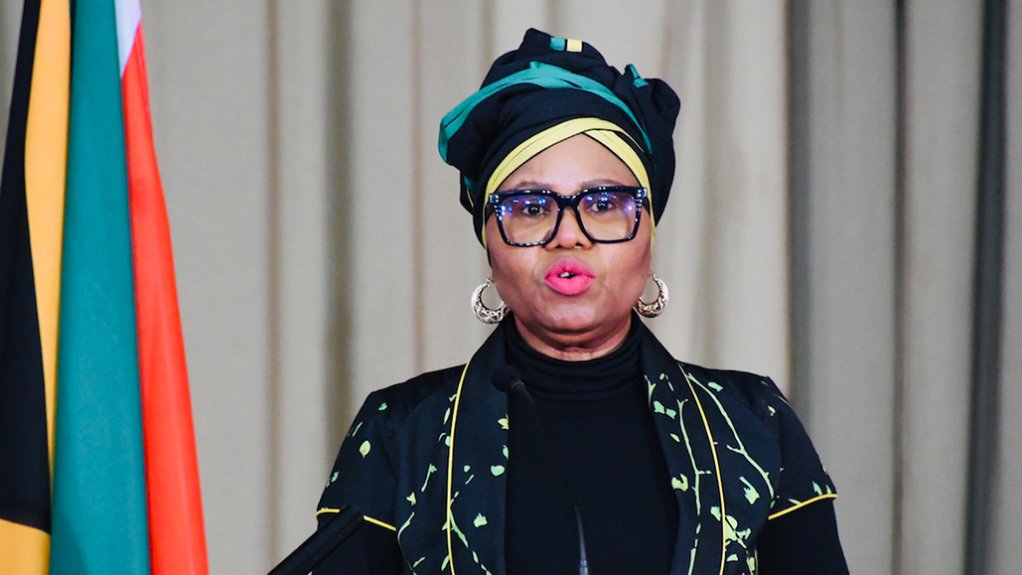The Department of Social Development is lobbying Cabinet to extend the R350 social relief distress (SRD) grant for another two years.
This is to ensure the continuation of much-needed income support until a more permanent basic income support (BIS) policy can be implemented.
According to Social Development Minister Lindiwe Zulu, cash programmes such as the SRD grant have their benefits.
An agreement on the future of the SRD grant or what should replace it when the temporary arrangement ends has not been reached.
The grant, introduced at the height of the Covid-19 pandemic, has been extended to March 2024 but remains a temporary grant.
"Cash transfers are effective in addressing negative coping strategies such as poor diets or debts. The distribution of cash allowances boosts the local economy, especially on market days. Cash can link with existing social protection systems or build the blocks for future longer-term assistance from the outset. Cash transfer programmes such as the R350 SRD grant have been shown to have many benefits, including reducing dire poverty, increasing school enrolment and improving nutrition," Zulu said.
She added that the department had completed and consulted about the draft policy on basic income support.
This was based on the "pathway to address the long-term income needs of vulnerable working-age individuals".
"We are now refining the draft based on the constructive input we have received from various stakeholders, with a view to taking the draft policy through the Cabinet process in the hope that it will get the necessary support and fiscal commitment to enable its approval for implementation.
"Given the fact that such a policy, if approved, would require legislative amendments, the department is seeking to petition Cabinet to extend the R350 SRD provision for a further two years to ensure the continuation of the much-needed income support until the more permanent BIS policy can be implemented," she said.
In February, the Democratic Alliance (DA) claimed that there could be sufficient funds to introduce a conditional universal basic income grant (BIG) of R585 per month for unemployed adults.
This would cost taxpayers an estimated R157-billion per year.
It would be provided on the understanding that it would only be made available when sufficient revenue is generated from economic growth.
The DA reiterated that the feasibility of funding a BIG would be contingent on a substantial and sustained increase in economic growth.
EMAIL THIS ARTICLE SAVE THIS ARTICLE
To subscribe email subscriptions@creamermedia.co.za or click here
To advertise email advertising@creamermedia.co.za or click here











